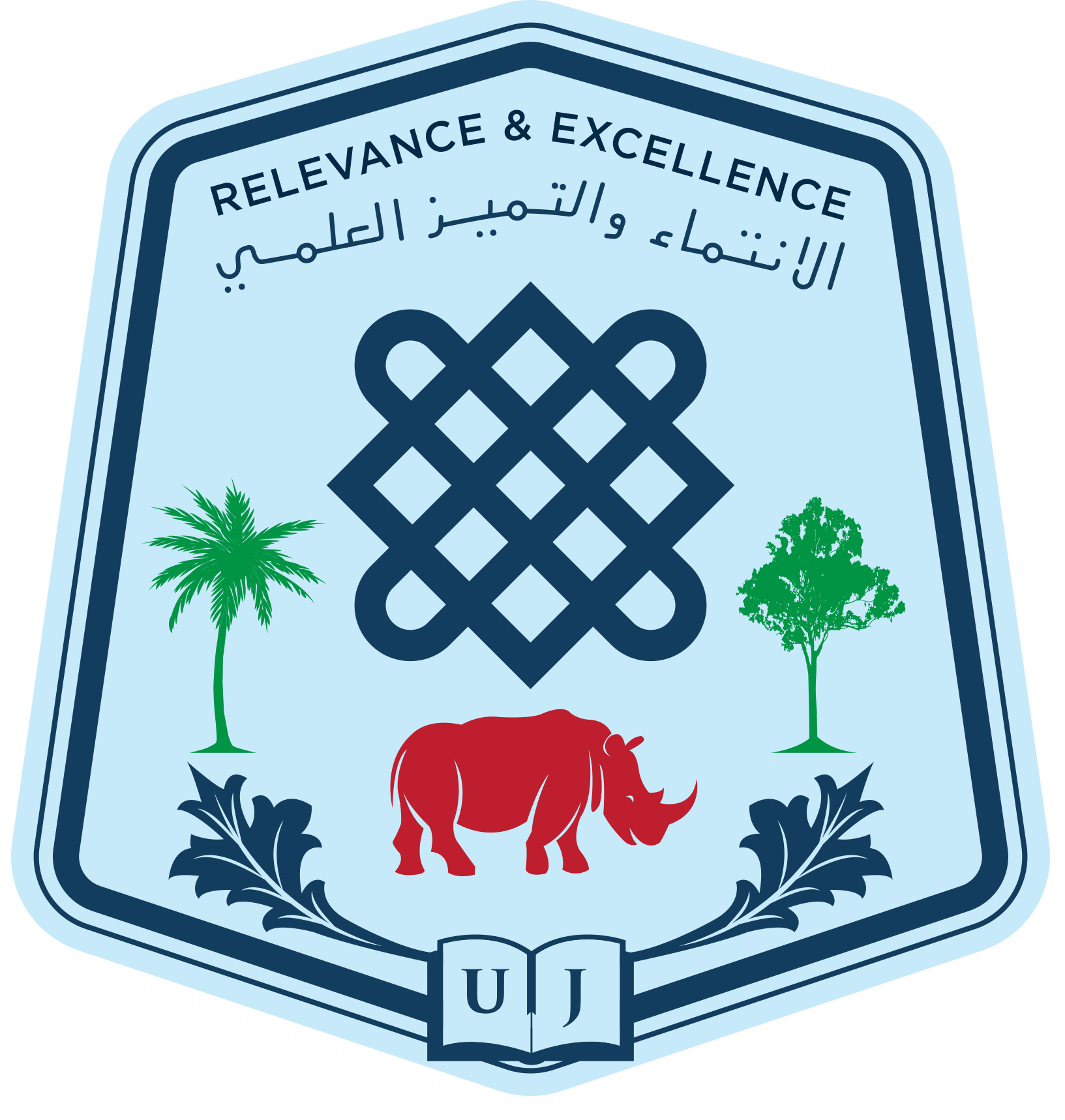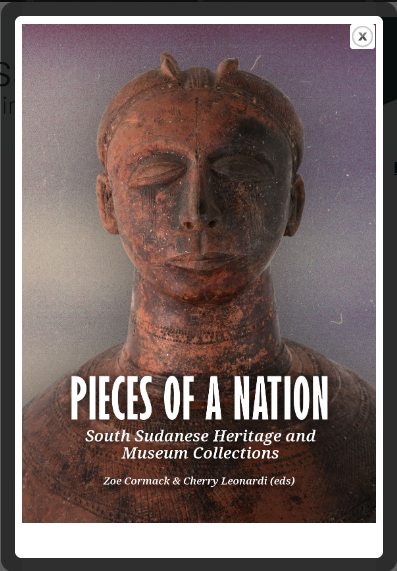Yosa Wawa and Daniel Thabo Nyibong
Abstract
This article is based on Richard Ruiz’s language orientations and the constitution of UNESCO. The central objective of this article is to examine the role played language to escalate the conflict and confrontations in the mainland of Sudan. In addition to the existing literature on the issue, the study also relied on primary data and interviewed with the people who participated in those protests. One of the major findings of this study is that in Sudan, the policy was to use Arabic as the language of instruction in schools. The augment was that Arabic could bring about national unity. This Arabic language policy was opposed in schools in Southern Sudan through students’ protests. The Southern Sudanese thought the Arabic language was a disregard of their rich cultures, values, and beliefs. South Sudanese also argued that Arabic was not indigenous to them and its use was going to result in poor performance in school examinations. In a way, these protests coupled with civil wars contributed to the secession of South Sudan.
Download the PDF Language_Policy_and_Students_Protests_Th

